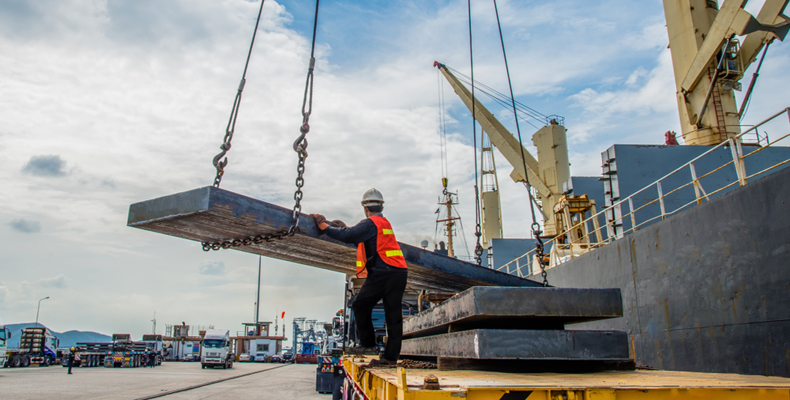CBAM: Assofermet calls for transitional measures to protect European steel sector
by David Fleschen

Following a recent meeting with the Italian Ministry of Enterprises and Made in Italy (MIMIT) on 1 October, ASSOFERMET has submitted its latest recommendations on the Carbon Border Adjustment Mechanism (CBAM) to the relevant ministries. The proposals come ahead of scheduled revisions to EU Regulation 2023/956, which are expected as part of the EU’s Steel and Metals Action Plan during Q4 2025.
These revisions will include an updated anti-evasion strategy and a legislative proposal to extend CBAM coverage to downstream products with high steel and aluminium content.
While supporting the EU’s climate objectives, ASSOFERMET is urging the introduction of targeted transitional measures to protect European importers and downstream manufacturing—particularly as the mandatory purchase of CBAM certificates is set to begin on 1 February 2027.
Key requests outlined in the letter to MIMIT:
ASSOFERMET calls for temporary exemptions from the CBAM certificate purchase obligation for:
-
Imports cleared from 1 January 2026 onwards, but prior to the publication of the final benchmark and/or default values for carbon emissions.
-
Imports cleared within five months after these benchmark values are officially published.
As of today, these critical benchmarks have not been released and are not expected to appear in the EU Official Journal before sometime in 2026. This lack of clarity leaves importers facing significant uncertainty about the actual cost of CBAM compliance, forcing them to place speculative orders just to avoid supply disruptions and ensure continuity for their downstream clients.
Risks of inaction
ASSOFERMET warns that without transitional safeguards, the following risks could materialise:
-
Financial strain on importers and their customers
-
Disruptions in Europe’s industrial supply chains due to potential raw material shortages
-
Price volatility and growing uncertainty across the EU manufacturing base
The proposed measures are limited in duration, reasonable, and aligned with the spirit of the CBAM regulation. They do not challenge the introduction of CBAM itself, but instead aim to ensure a fair and sustainable rollout during the initial implementation phase.
ASSOFERMET urges the Italian government to carefully assess these proposals, and to involve all relevant ministries — MIMIT, MASE, MAECI, and MEF — in shaping a realistic and pragmatic approach at the European level. This approach, they argue, should both support environmental goals and safeguard the resilience of EU industry.
Source and Photo: Assofermet

